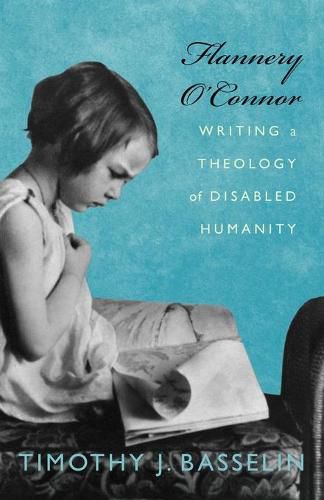Readings Newsletter
Become a Readings Member to make your shopping experience even easier.
Sign in or sign up for free!
You’re not far away from qualifying for FREE standard shipping within Australia
You’ve qualified for FREE standard shipping within Australia
The cart is loading…






Flannery O'Connor is one of America’s most unique Southern authors. Shortly after she began her writing career she was diagnosed with lupus. Despite her illness, O'Connor authored more than two dozen short stories and two novels. Her highly regionalized Southern Gothic stories often involve grotesque characters.Literature critic and theologian Timothy J. Basselin consults O'Connor’s life and work to illustrate the profound connections existing between the theme of the grotesque and Christian theology. O'Connor’s own disability, Basselin argues, inspired a theology that leads readers toward greater recognition of God’s activity in a sinfully grotesque world. By combining disability studies, literary critique, and theological reflection, Basselin discovers a new vision for approaching the disabled, the grotesque, and the other in society. Flannery O'Connor reignites O'Connor’s own critiques of the modern affinity for perfection, self-sufficiency, and a clear separation between good and bad.
$9.00 standard shipping within Australia
FREE standard shipping within Australia for orders over $100.00
Express & International shipping calculated at checkout
Flannery O'Connor is one of America’s most unique Southern authors. Shortly after she began her writing career she was diagnosed with lupus. Despite her illness, O'Connor authored more than two dozen short stories and two novels. Her highly regionalized Southern Gothic stories often involve grotesque characters.Literature critic and theologian Timothy J. Basselin consults O'Connor’s life and work to illustrate the profound connections existing between the theme of the grotesque and Christian theology. O'Connor’s own disability, Basselin argues, inspired a theology that leads readers toward greater recognition of God’s activity in a sinfully grotesque world. By combining disability studies, literary critique, and theological reflection, Basselin discovers a new vision for approaching the disabled, the grotesque, and the other in society. Flannery O'Connor reignites O'Connor’s own critiques of the modern affinity for perfection, self-sufficiency, and a clear separation between good and bad.